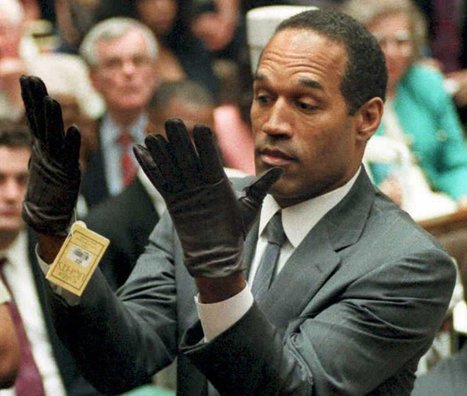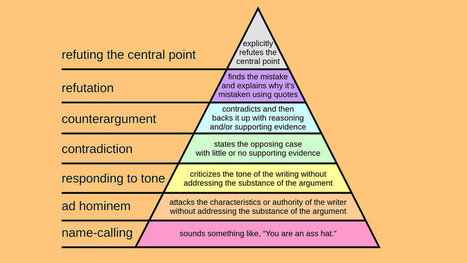People appear to know other people better than they know themselves, at least when it comes to predicting future behaviour and achievement. Why?
Research and publish the best content.
Get Started for FREE
Sign up with Facebook Sign up with X
I don't have a Facebook or a X account
Already have an account: Login
View related curated articles on Flipboard / Research & Resource Skills at http://flip.it/mWcVKd
Curated by
Dennis Swender
 Your new post is loading... Your new post is loading...
 Your new post is loading... Your new post is loading...
|
|















